As Israel mulls full-fledged ground invasion of Rafah, spotlight is on Egypt
By Iqbal Jassat
As the world increasingly reacts with alarm at Israeli Premier Benjamin Netanyahu’s declared goal of leveling the southern Gaza city of Rafah to the ground, the spotlight has fallen on Egypt.
Will the North African heavyweight stand idly by, allowing the Tel Aviv regime to intensify its ongoing genocide in Gaza, or make good its threat to annul the so-called "peace treaty"?
Authorities in Cairo would know that plans by Israel to populate Gaza with Jewish settlements require Egypt's collaboration to absorb Palestinian refugees into parts of the Sinai.
What it translates to is that Gaza is ethnically cleansed of 2.3 million Palestinians and replaced with an exclusively Jewish settler colony.
However, the sticky point is Rafah, where more than a million and a half Palestinians who were violently forced to evacuate their homes in the North are huddled in tents and makeshift shelters, facing death from relentless air strikes, hunger, cold and thirst.
In addition, the dire need for essential medical supplies has spawned the worst humanitarian catastrophe in Gaza, something the world has never seen in the modern era.
So, the big question is, how will Egypt respond to these developments?
Egypt, of today, under the military rule of General Abdel Fateh el-Sisi, is a far cry from the leadership of Mohamed Morsi.
During the exciting but short-lived era of the Arab Spring, tens of thousands of protesters across Cairo flooded Tahrir Square demanding the removal of Hosni Mubarak from his thirty-year reign.
Following the popular mass revolt against his brutal dictatorship, Mubarak was forced to resign. It marked a period that saw the country transitioning from tyranny to democracy when Morsi was elected to lead Egypt in its first free and fair democratic election.
The change of fortunes did not sit well with Western powers that began a series of dirty tricks to oust him, notwithstanding the fact that Morsi had acquired a comfortable majority during the elections.
A classic case of a regime-change plot began to be engineered when a number of countries connived to unseat him through a bloody military coup.
America, Israel, UAE and Saudi Arabia's candidate for regime change was the head of Egypt's notorious secret service/intelligence unit – el-Sisi – who was also in charge of the military.
In an elaborate scheme, a rebellion against Morsi was orchestrated as a prelude to the coup. Reports subsequently revealed that the UAE government funded the uprising.
These regimes shared common misgivings about Morsi's ties to the Muslim Brotherhood (Al Ikhwan Al Muslimeen) and were reluctant to have the Arab world's most powerful nation-state in the hands of the Ikhwan.
Chatham House reported that recordings leaked from the Egyptian Ministry of Defence and confidential testimony from US officials fingered the UAE as having provided funds to support the activity of Tamarrod, the movement that organized the rebellion against Morsi.
As soon as el-Sisi stepped in to take Morsi's seat, Saudi Arabia and the UAE made no effort to conceal their approval. Both Western-backed oligarchs gleefully displayed their support with transfers of huge chunks of money.
To illustrate the brazeness of the UAE, its Crown Prince Mohamed bin Zayed led a delegation to Cairo in solidarity with coup leader el-Sisi, less than a fortnight after the horror of the Rabaa massacre, when around a thousand people were mowed down.
The background to the massacre is well documented. According to media reports, tens of thousands of Egyptians were out in the streets and city squares to demand the reinstatement of Morsi.
On August 14, 2013, as the protests had entered their sixth consecutive week, thousands staged a sit-in at the Rabaa al-Adawiya Square, one of Cairo's busiest thoroughfares, as they had for more than a month.
Sisi's forces moved in using armored vehicles and bulldozers, in addition to ground troops and snipers on rooftops carrying live ammunition, to attack the square from all sides and close off safe exits, according to witnesses and human rights organizations, as reported in media.
Morsi, the elected president, was jailed where he subsequently died, while el-Sisi has now been in power for just over a decade. To date, there has been no accountability for the Rabaa massacre.
From Rabaa to Rafah, el-Sisi's dismal human rights record does not hold any promise that he will deter Netanyahu’s planned incursion into Rafah or stop him from expelling Palestinians from there.
Egypt under el-Sisi has been reduced to a mere spectator, observing the slaughter of thousands of innocent Palestinians as the genocide intensifies in Gaza without any effort to flex its muscles.
Iqbal Jassat is an executive member of Media Review Network, Johannesburg, South Africa.
(The views expressed in this article do not necessarily reflect those of Press TV)
Explainer: What makes Iran's Rezvan and Raad loitering munitions prized assets?
VIDEO | Unseen agony: Missing loved ones of genocide in Gaza
Iran cuts gold import tariff to zero
Pezeshkian: Iran determined to develop, boost ties with neighbors
VIDEO | Israel, Hamas ceasefire agreement: Closer than ever
VIDEO | Gaza ceasefire to be put in place under resistance conditions
Hot water and sewage: Palestinians share harrowing tales of torture in Israeli prisons
VIDEO | Thousands evacuated in Ethiopia amid earthquakes, volcanic eruption fears


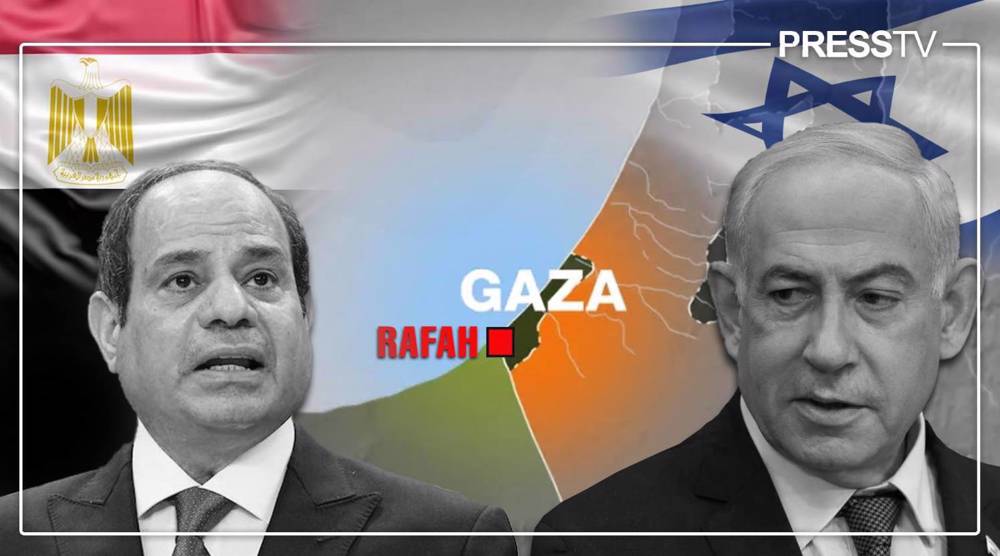
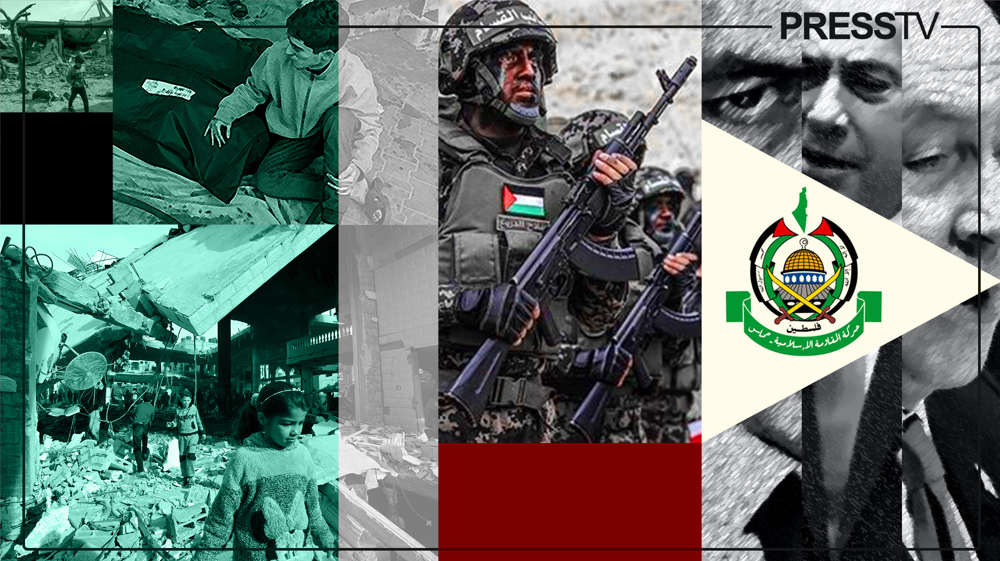
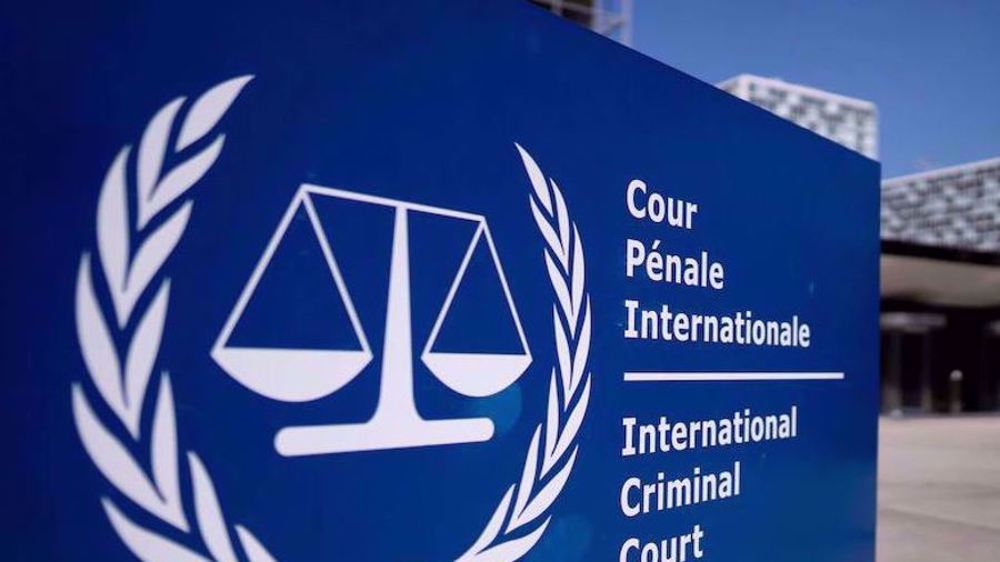
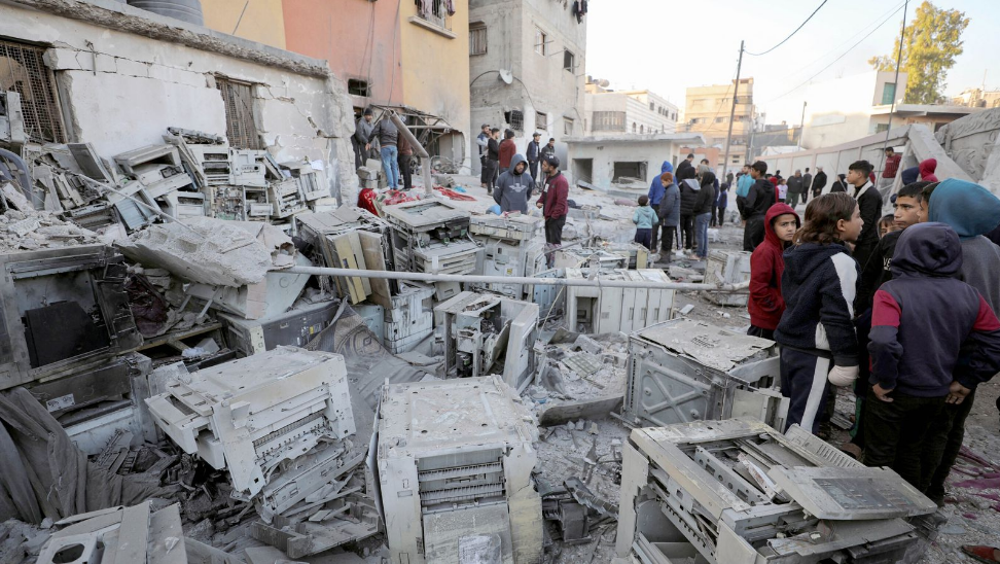
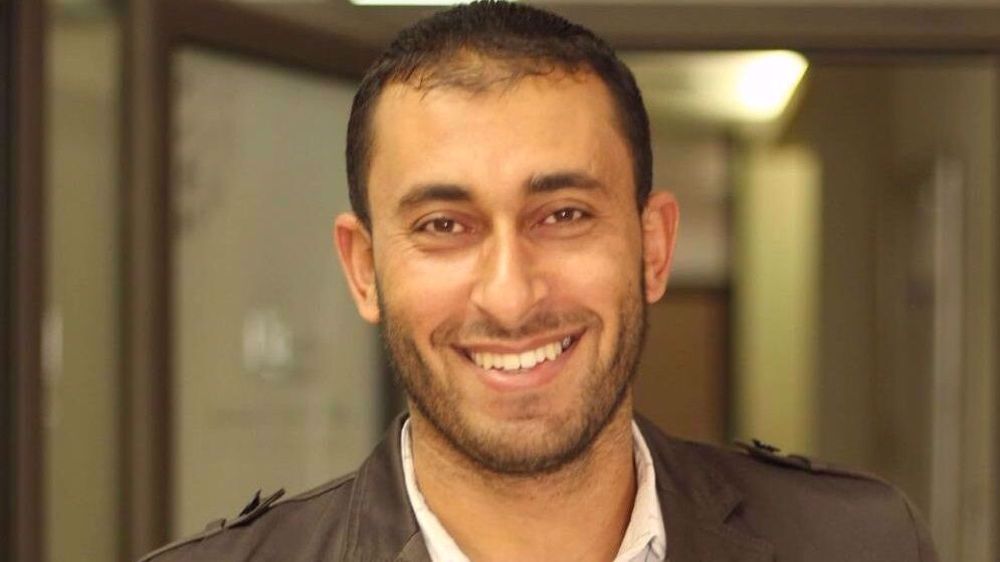



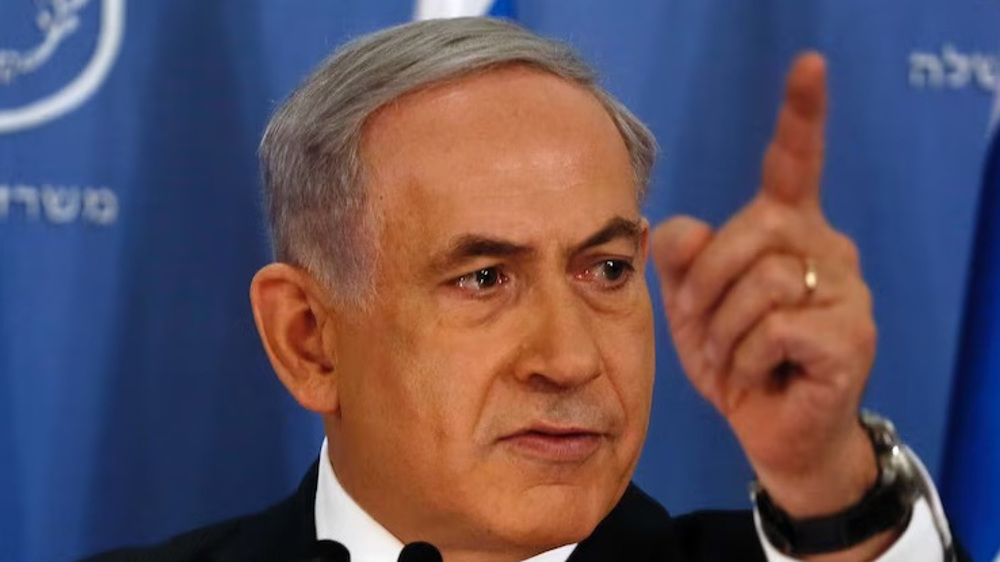
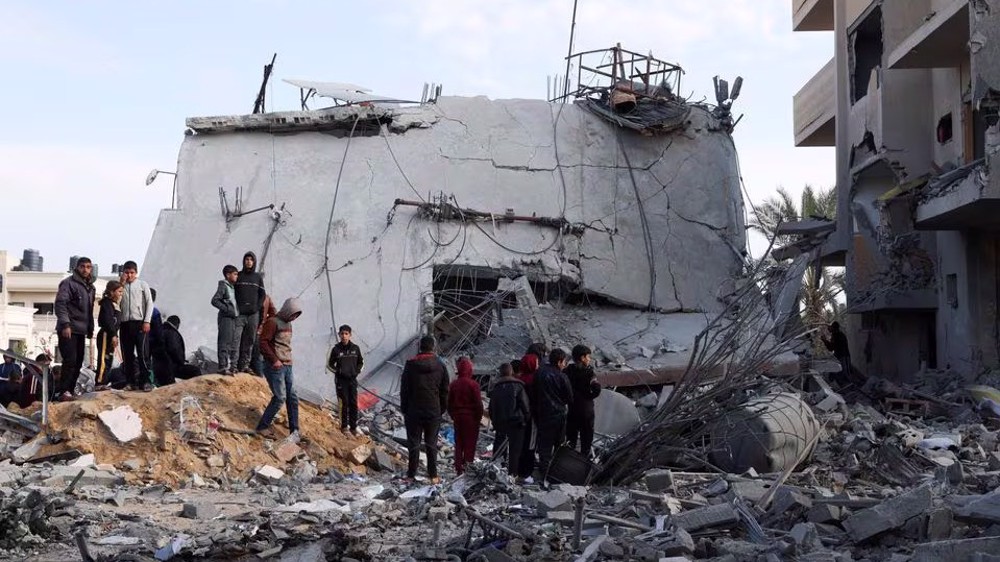
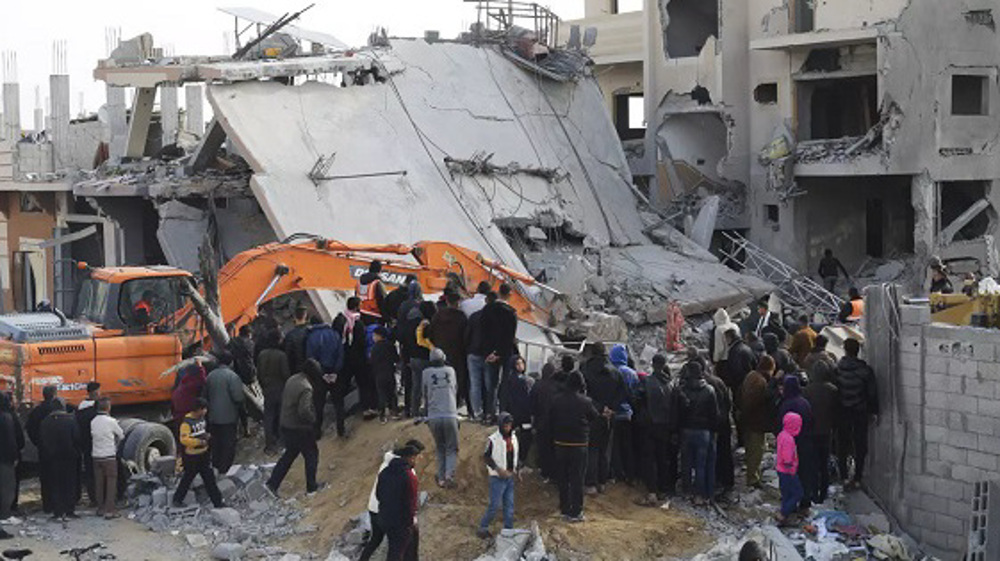
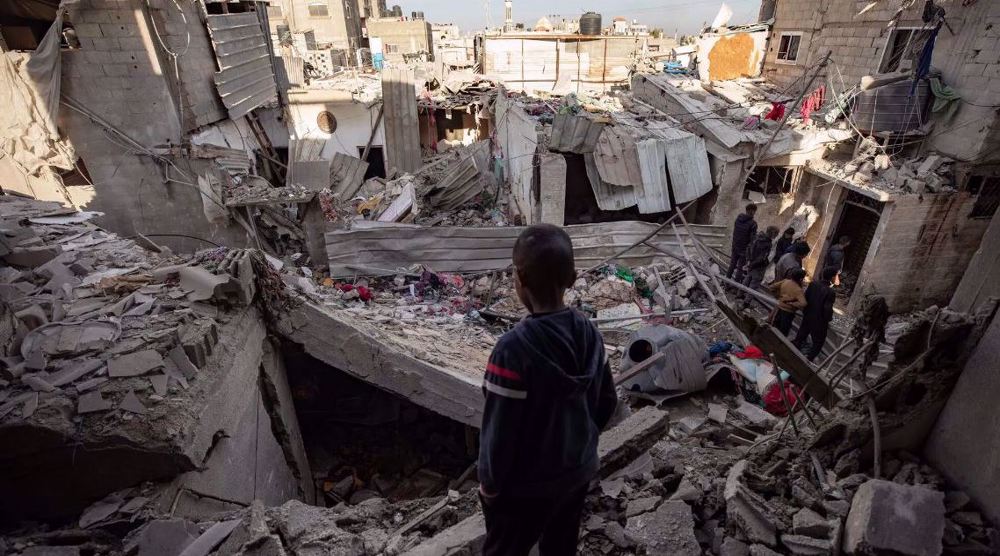
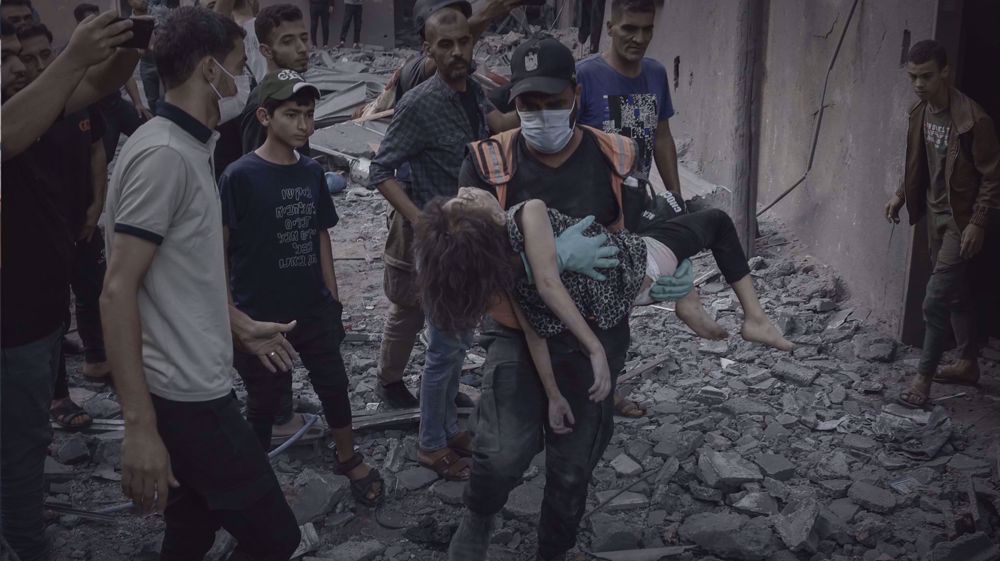

 This makes it easy to access the Press TV website
This makes it easy to access the Press TV website